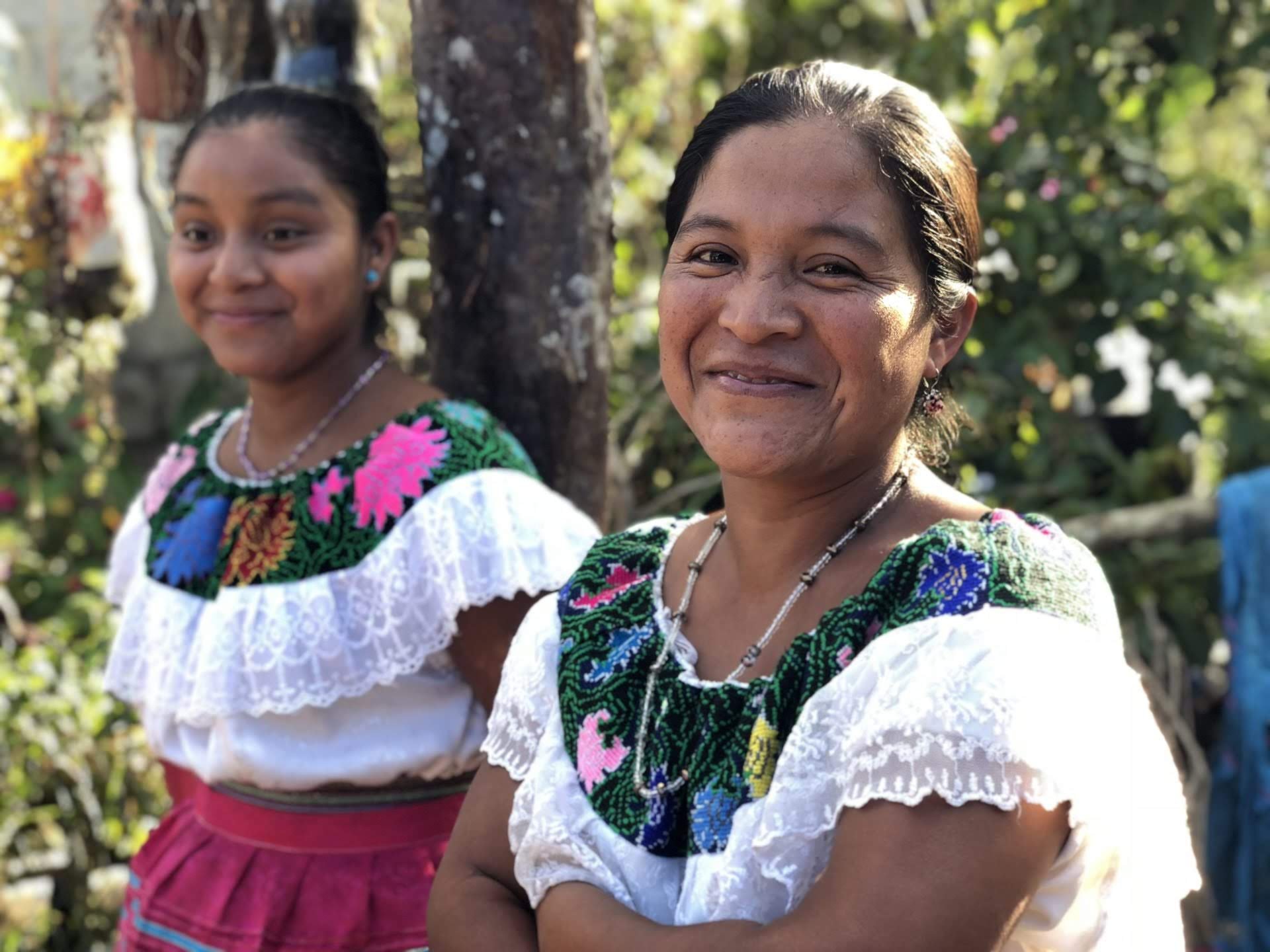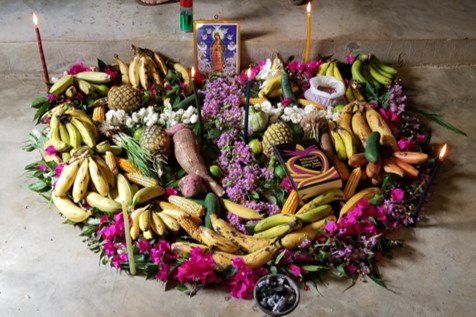Why Chiapas and the Yucatan Peninsula?
ONE EQUAL HEART SUPPORTS PROGRAMS IN RURAL INDIGENOUS COMMUNITIES IN CHIAPAS and the Yucatan peninsula OF MÉXICO. Both states are the HOME OF THE LARGEST Maya INDIGENOUS POPULATIONS IN MÉXICO, INCLUDING THE TSELTAL, TSOTSIL, and Maya yucateco peoples.
For hundreds of years, the Maya People, like other Indigenous Peoples of the Americas, have survived despite many challenges, including poverty, discrimination and exclusion from civil society. From the time of the Spanish Conquest to the present, they have struggled to regain and defend their ancestral lands.
Indigenous communities in Chiapas and the Yucatan Peninsula share threads of a common history and cosmovisión, they also face a common set of contemporary challenges – including high levels of poverty, socioeconomic marginalization, and environmental degradation.
According to Mexico’s most recent census (2010), INEGI studies (2012), and a 2014 OECD report:
Chiapas has the highest rate of poverty (74.7%) in Mexico, with almost half of poor Indigenous families living in extreme poverty (46.7%);
Mass tourism in the Yucatan Peninsula creates pressure over the land and natural resources of indigenous communities and most indigenous people don’t have a choice but to leave their lands;
Women participate in the labor force at rates 30% lower in Chiapas than the rest of Mexico;
“Nobody wants to talk about the living Mayans, just the dead ones. We remain invisible.”
Chiapas ranks at the bottom in the areas of housing, income, jobs, education, environment, life satisfaction and health;
Indigenous people in the Yucatan Peninsula are losing their language and culture because of the severe historic discrimination.
People in Chiapas have fewer years of schooling (6.7 versus 8.6) compared to the rest of Mexico.
But these statistics don’t tell the whole story: Maya communities have an important development advantage.
Their rich cultural heritage and vibrant community life are vital resources. By learning skills and strategies targeted to the realities of life in Chiapas and the Yucatan Peninsula, Indigenous women and their families can marshal their cultural, organizational, and environmental resources to tackle development challenges.
Rio Azul Tseltal Women Palenque Palace Altar Maya






